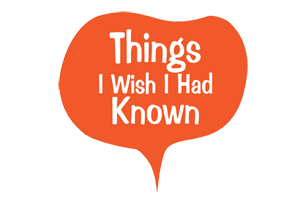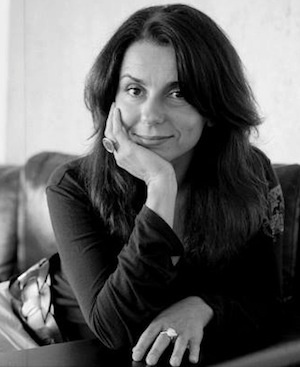The official site of the book Better Late Than Never Baby - Becoming a Mother Later in Life, written by Serena Kirby.
If you're over age 35 and about to become a mother - this is the book for you.
Enjoy












The New Age of Older Mothers
When Australian actress Mary Coustas (better known as Effie) recently become a mother at 49 it was certainly a case of ‘better late than never baby’. Mary had endured years of fertility disappointment, punctuated by miscarriage and stillbirth.
It’s well known that Mary travelled overseas for ‘assisted’ conception and good on her for not giving up as many do by that age. Her successful pregnancy is yet another example of medical technology giving women in their 40s – and even 50s – a new lease on life (literally).
For me, it highlights the fact that maybe it’s time to rethink (and shift) the maternal timeline marker that is so often used to delineate a ‘mother’ from an ‘older mother’.
As it stands today, older mothers are still considered as women who give birth after age 35 – and a first time mother of this age is medically termed a Elderly Primigravida. But with the increasing number of women in their mid to late 30s having babies, seeing a new mother of that age, hardly raises an eyebrow any more.
When I become a mother, 8 years ago – I was the oldest mother to have ever graced a bed in my maternity hospital. But, if I were having my baby today at age 43 I would be hard pressed to claim the title of “Oldest Mother on the Block” (or in this case, the Ward).
The Australian Bureau of Statistics latest birth figures show that the median age of mothers in Australia is 30.7 years of age. With this in mind, why do we still categorise women less than five years older (at age 35) as ‘older’ when having a baby five years younger than the average (at 25) hardly constitutes a ‘young’ mum?
And not only are new mothers in their 30s becoming the norm but more women than ever before are having babies in their 40s. Mums over 40 now outnumber teenage mums and the over-40 mummies are destined to continue to multiply (pun intended) .
This age-shift in the maternal demographic is being echoed in most Western countries particularly Sweden, Britain and Spain – to name a few. Italy boasts one of the highest percentage of later life mothers with 8% of all babies born being to women over 40 – this is the same percentage as babies born to Italian mothers under age 25.
As a result of this, I believe that labelling a woman in her mid to late 30s as an older mum will soon be a thing of the past. In addition, it’s likely that a 40-something mum will soon stop being a curiosity and a topic of debate while linking us to the never ending negative comments about risk and reproduction.
Soon, we’ll be as common as muck. We’ll be the norm, the expected and the accepted.
Soon, research will reflect a better and brighter picture of later life motherhood in light of all the success stories of conception and the increasing number of uncomplicated pregnancies, uncomplicated births and healthy babies to happy mums.
Soon, we won’t be called older mum, mature age mum, delayed mum, advanced maternal age mum, midlife mum or even later life mum.
Soon, we’ll just be called a ‘MUM’.
Serena Kirby is a ‘MUM’ and the author of Better Late Than Never Baby. Her book is available on her website www.ThingsIWishIHadKnown.com , through all good bookshops and via most major online booksellers.



No comments so far!
Leave a Comment